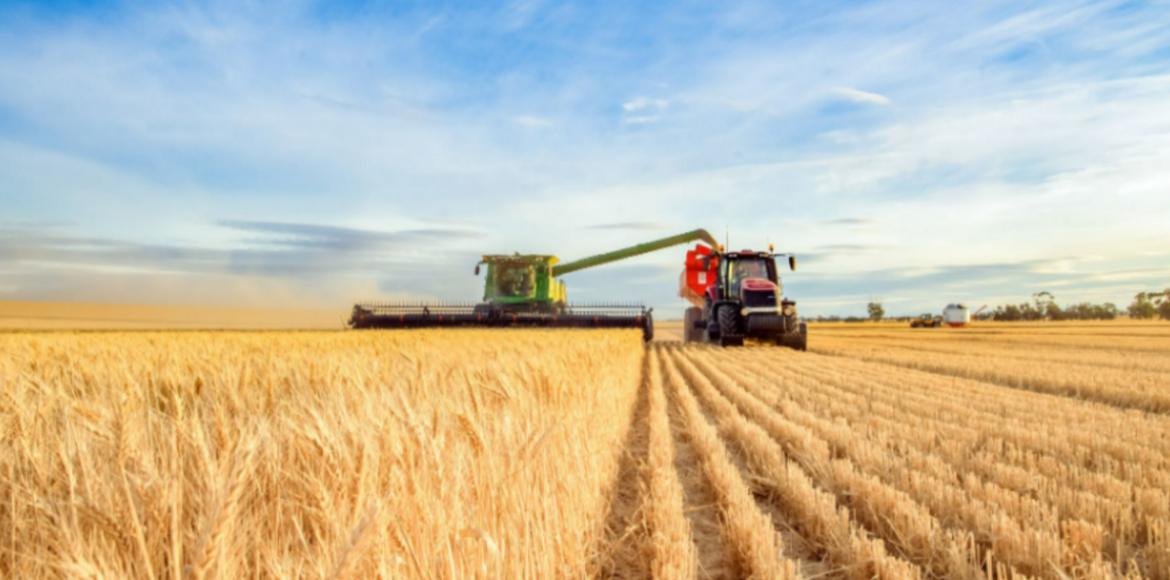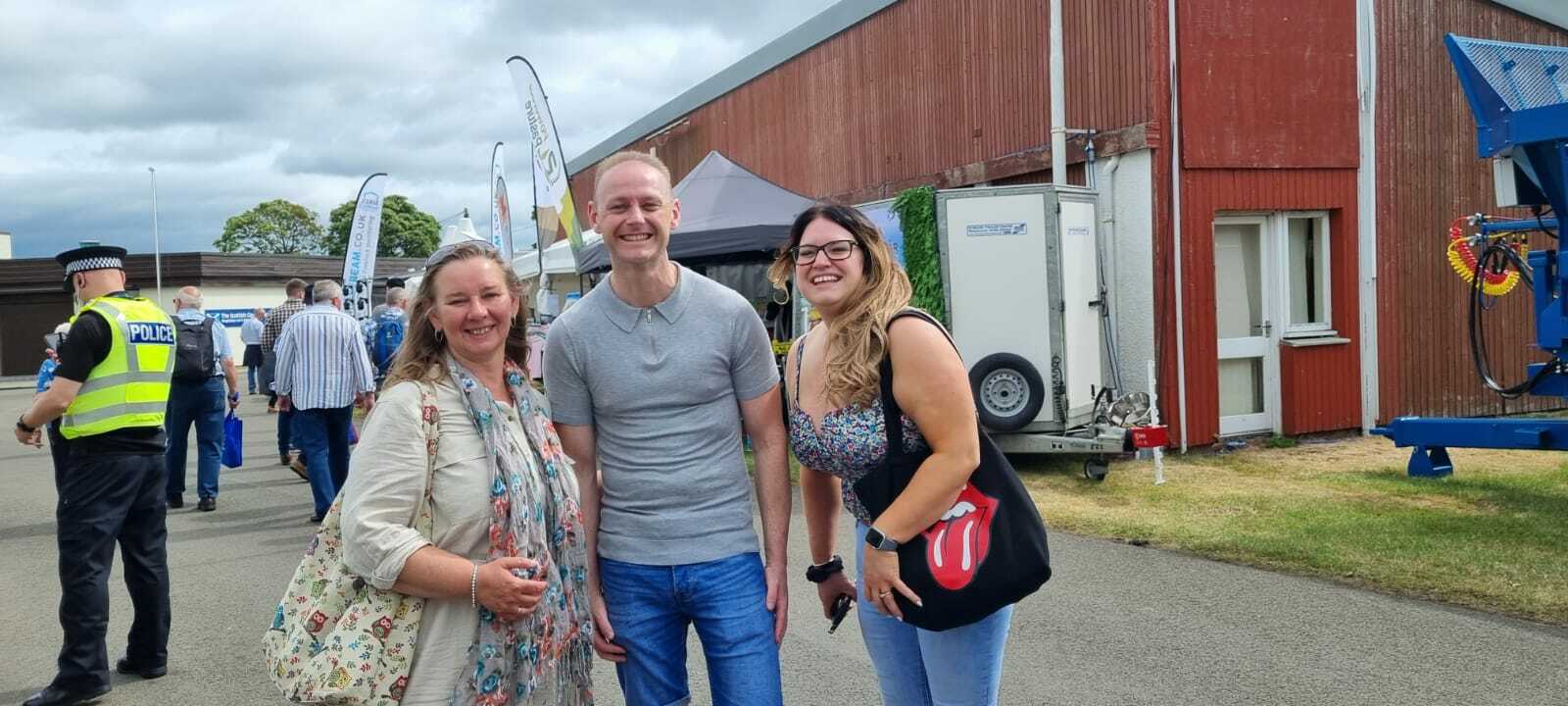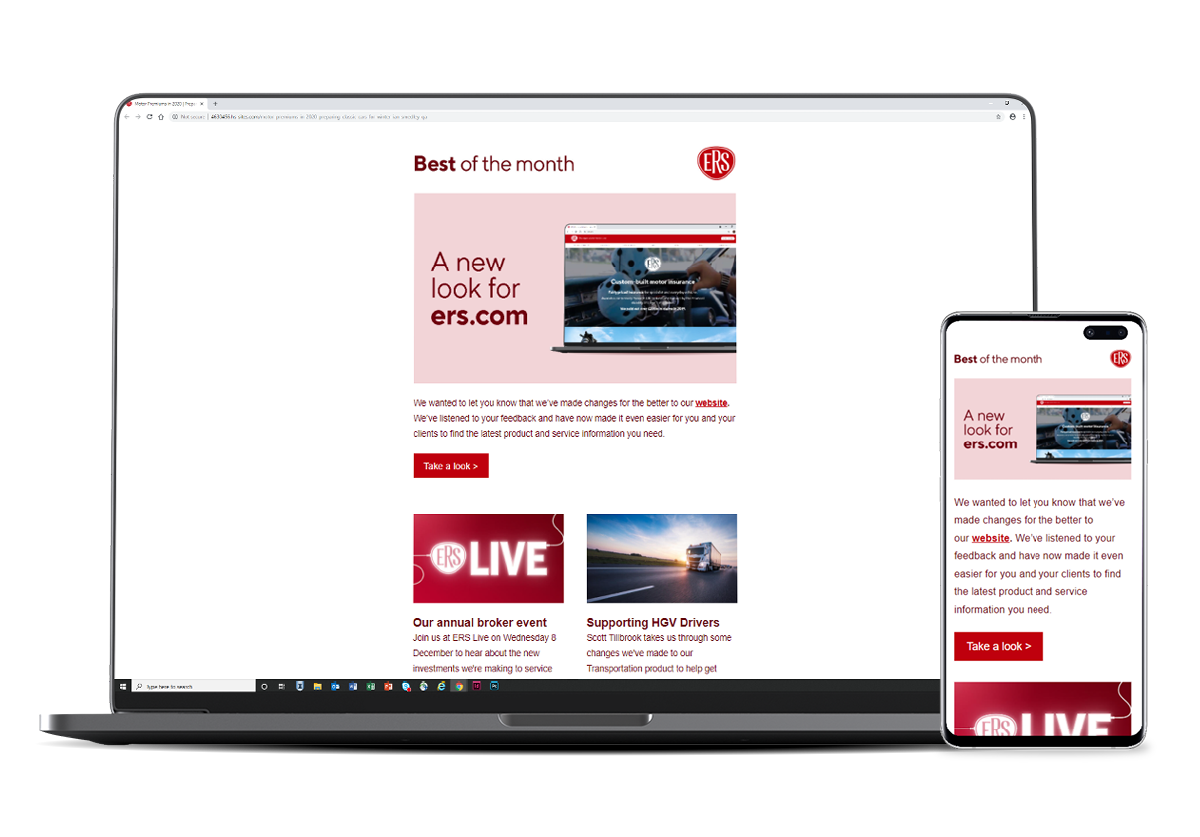When it comes to agriculture, no two regions of the UK are the same. It’s a richly diverse sector shaped by the local environment, which is why we continue to maintain a strong regional presence, working closely with our broker partners to understand their rural client’s motor insurance needs.
Here, Millie Lamden-Kerr, Regional Trading Underwriter for South West England, shares her thoughts on the market trends, opportunities and challenges within her region and where she believes brokers can thrive in 2022 and beyond.
Tell us about the type of farms and rural businesses you typically encounter
I work with an amazing array of businesses – from smallholders and arable farms to 100% contractor-based businesses and heavily diversified farms.
Many farms have started diversifying into solar, contracting, or moving into construction – whether that’s erecting farm buildings or groundworks such as ditching and side of the road maintenance.
But we have such a versatile product that, alongside these risks, I also deal regularly with vets, holiday parks, forestry risks, sheep shearers, farriers, racecourses, wildlife parks, golf courses and agronomists.
What service do you provide brokers?
The most common phrase I hear is “Thank you for calling me back”. Brokers need quick and reliable communication – whether that’s letting them know timeframes, providing a yes or no, or responding to a query. It’s pretty simple, and it is really appreciated, although it’s seemingly not common practice across our industry.
I always get back to brokers. And if I don’t know the answer or it’s not in my remit, I’ll let them know I’m passing their query on to the appropriate team. Building trust and rapport is the most important aspect of my role.
It’s been a tough couple of years for the farming community, what do you see as the most enduring impact of Covid-19 on our agri customers?
Both the cost of living and the cost of trading has completely changed since the pandemic. The economic impact on farmers has been damaging.
The price of fertiliser, product and deadstock has nearly doubled, which is a huge concern. Then there are rising fuel and electricity prices, which massively impact ongoing operating costs.
But one thing we can say about our Farming community is that they are extremely resilient.
We even have one customer who has installed wind turbines and solar panels across their farm. They’re 95% energy self-sufficient, so when the electricity went down in the storms earlier this year, he could carry on as normal using his generator.
Plus, more Famers are now using email or even Microsoft Teams since the pandemic, demonstrating how they’ve used technology to adapt to the situation and run their businesses more effectively.
Over the last 12 months, are you getting more enquiries from certain business or farm types?
Generally, I’m receiving more enquiries compared to 12 months ago, and I’m also seeing larger farms going out to market for the first time in a while.
Alongside this, I am seeing more diversifications into leisure/recreation occupations and rural occupations such as gardeners/garden centres – all of which we have appetite for.
But while I’m getting enquiries from a wider variety of rural businesses, they’re coming via a smaller pool of brokers. Over the past few years, many smaller independent brokers in the South West have been bought out by larger nationwide companies.
What do you see as the biggest growth opportunity for brokers in the region?
Smaller farms in the South West are becoming few and far between, so for brokers, the opportunity is to target the mutuals and larger farms that have successfully diversified their businesses. Our sweet spot tends to be between 10-30 vehicles, including higher value tractors and machinery.
Additionally, following Brexit, the Government has focused its efforts on incentivising farmers willing to convert their land to wildlife. We’re likely to see further diversification amongst farms, for example, setting up wildlife parks and rural leisure businesses, both of which are markets we’ve been serving for years and know inside-out.
Why does ERS stand out as an attractive partner to brokers?
Our flexibility, policy wording, service levels, approachability, and trustworthiness. And we’re always willing to go above and beyond to facilitate urgent requests.
Finally, sum up the current state of the agri market in South West England?
It’s competitive, for sure, particularly as diversification gathers pace. Still, once customers find insurance partners they can trust and rely on, I’ve always found it to be a very loyal market.
Building long term relationships with brokers is vital to our business. It’s a partnership, and by continuing to develop our regional knowledge and insight, we can be more informed and quicker with our responses to ensure we’re offering the right level of cover for the individual risk.
Looking for Agriculture or rural business cover in the South West of England?
Connect with Millie on LinkedIn here






